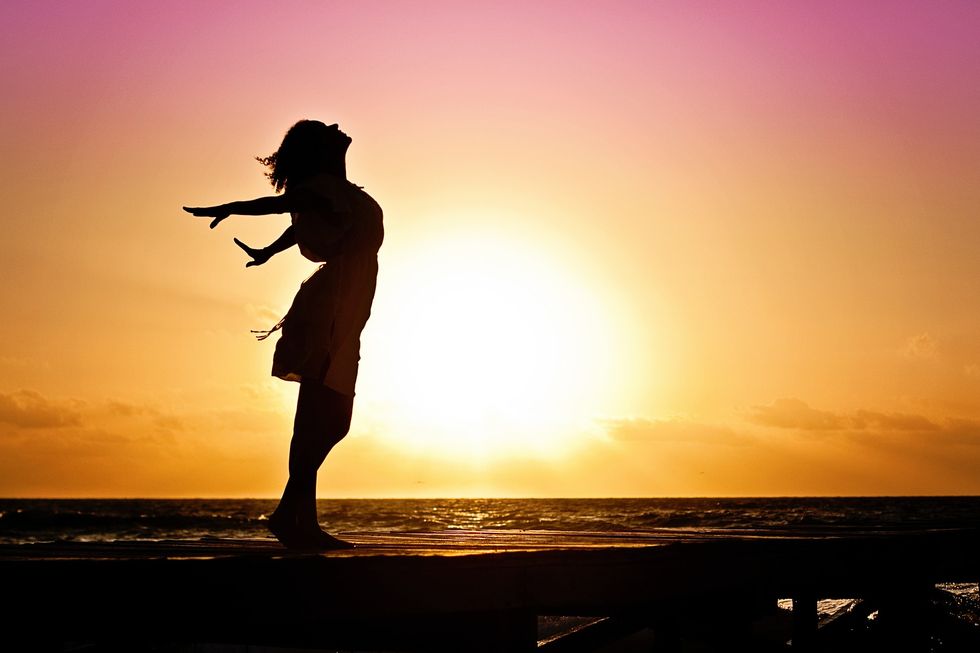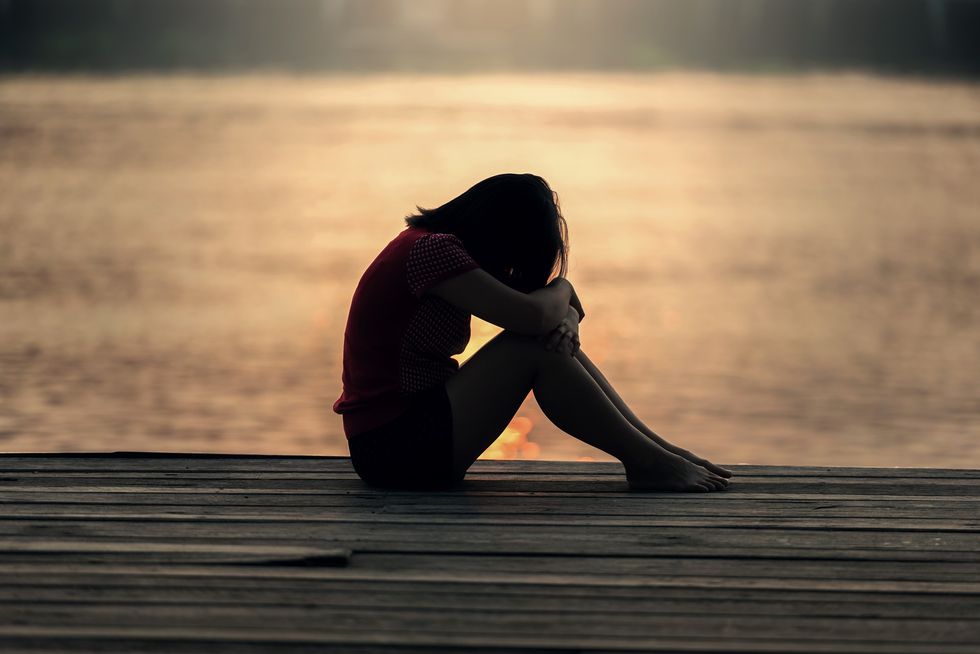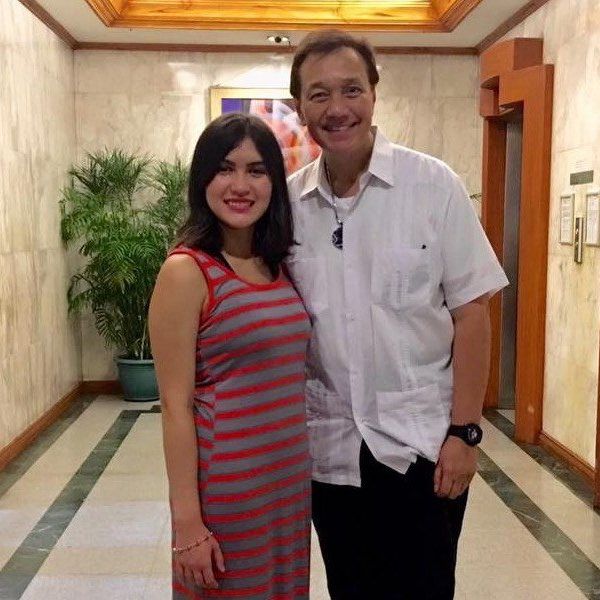Fears and scars tell a story of great despair but also one of great strength. I am learning to change how I tell my story. When my mother died, a counselor told me that I was grieving not only for my mom but also for my lost childhood. Those words have stuck with me over the years. For me, my childhood trauma is a lingering giant that sleeps quietly. For the most part, it sleeps soundly in the back of my mind, but really, it largely affects my everyday functioning. I lost my innocence and the first 15 years of my life to a sexually abusive father and a mentally ill, negligent mother. I haven't ever formally told my story, so here goes.
I am strong.
These words echo in my head from times when I couldn't find my strength to times when it carried the weight of a lion's roar. Sometimes, I need help remembering my strength. I know I am strong because at 15 years old, I decided to turn my father in with an audio recording as proof. He got 10 years in jail, and he will be released in 2019. I left when I did because I feared that if I didn't, there would be nothing left of me to save.
My childhood is a blur of distant memories, mostly forgotten before they had the chance to be remembered. Dissociation became a primary defense mechanism for me as a child, and to this day, I dissociate in times of stress. When this happens, the world around me does not seem real, and neither do I. I look in the mirror and don't feel like the person staring back at me is me. I am walking in public and all of a sudden, I am not
I still have dreams about my father, sometimes violent ones, but they are increasingly rare. I learned to conceal my abuse. I learned shame. I used to cut myself. I spent so much time internalizing my pain and absorbing negativity. I am still prone to bouts of depression and anxiety, but I am learning to live in the moment. I am learning to let go.
Mostly, I am learning to be patient with myself. Years of abuse cannot disappear overnight, nor should I pretend it didn't happen. There is no "recovery" for abuse survivors. It is a continuous process that gets easier as a function of time. In a lot of ways, it is like grief.
Eventually, I learned to love. I learned to love another human being so deeply that I stand in awe of my love for her. I learned to love her family, too, as if they were my own, true family. My girlfriend is so amazing and understanding; I am so happy to be with her, even on the days that I don't seem happy at all. I learned to love myself, too, although I still struggle with that some days.
I have learned that while my childhood was lost, my future is mine. I will not lose my future to the past. To say that my abuse does not affect me to this day would be a lie, but it does not control me. Abuse changes you, but it doesn't have to destroy you. No one chooses to be abused, but we can choose to rise above it. I always thought that it wasn't supposed to be that way, and I always envisioned what the world should be like. To this day, I am still an idealist. The best parts of me emerged damaged but intact.
I used to think that I was weak when the voice in my head whispered and screamed, "I want to die." I chalked those moments up to be my weakest moments– the weakest parts of me. But now I know that those were my strongest moments because I chose to keep living. I saved myself. Above all else, I am strong. I am resilient. I am free.

For more information:
RAINN's Adult Survivors of Child Sexual Abuse
Sexual Trauma Services
The Long-Term Effects of Childhood Sexual Abuse: Counseling Implications



















